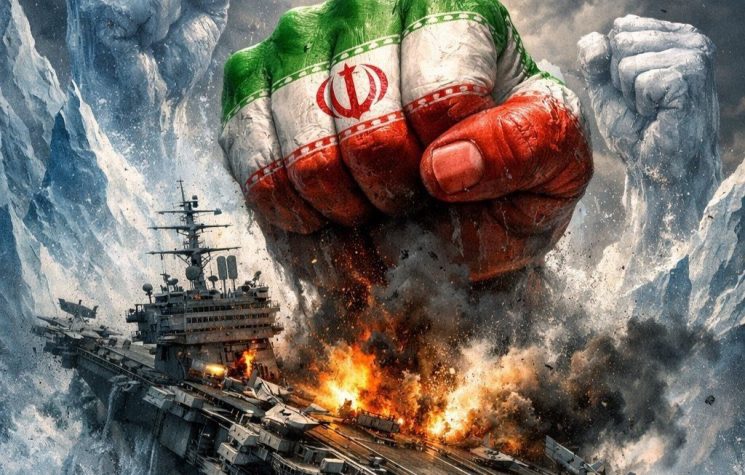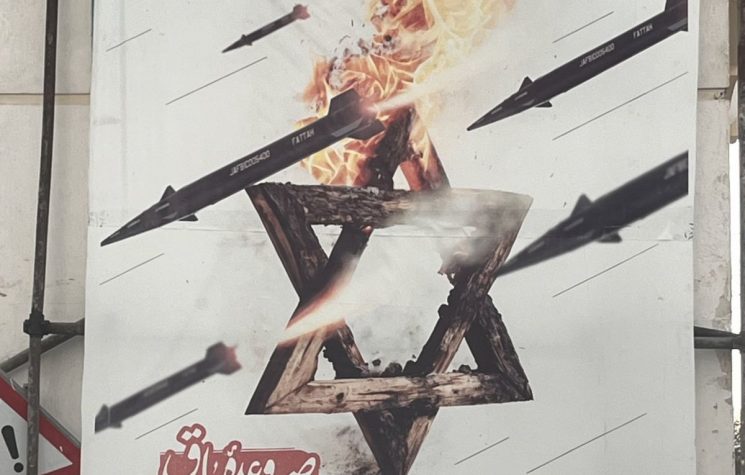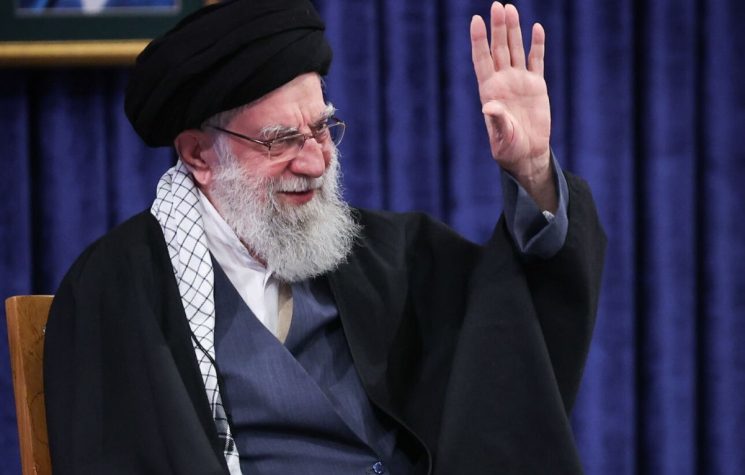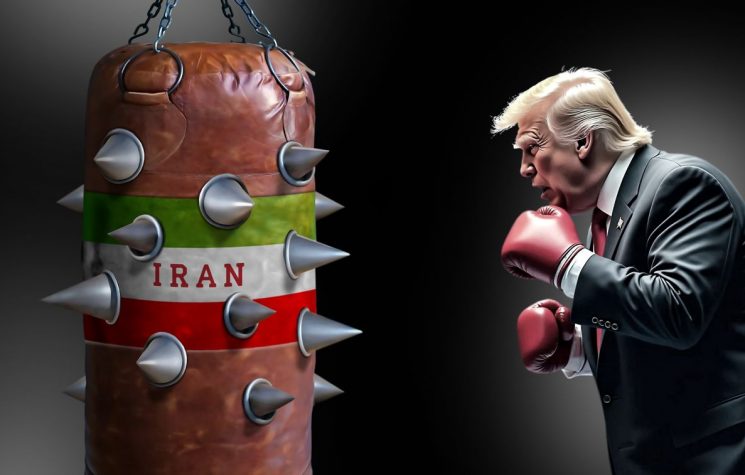The Zionist regime has already proven itself capable of committing illegal acts, such as assassinations of public figures considered enemies, which is why there is sufficient reason to believe that sabotage against the Iranian helicopter took place.
Contact us: info@strategic-culture.su
The Iranian tragedy shocked the world. The simultaneous loss of four senior officials, including the country’s president and his foreign minister, was mourned not only by the Iranian people, but by all free countries committed to diplomacy and peace. The circumstances of the accident favor the thesis that there was a targeted attack or sabotage operation. And talking about it shouldn’t be considered ‘conspiracy theory’.
First of all, it must be admitted that the Iranian security service made a serious mistake by allocating four officers to the same helicopter. Avoiding the crowding of important people in the same vehicle is a basic security requirement, which all States must pay attention to in order to avoid tragedies like the one of Iran.
However, there are a number of other important issues to be analyzed in this context. The weather conditions were extremely unfavorable, with heavy fog on the border with Azerbaijan – making the work of helicopter and jet pilots difficult. The fact that a large forest was flown under such conditions must be taken into account, as these circumstances obviously favor air accidents.
This, however, is not enough to understand the case. One cannot ignore the fact that Raisi and his team were coming from Azerbaijan, which is an extremely complicated regional player. Although Iran does its best to maintain balance in relations with Baku, Azerbaijan is a true proxy for the Zionist regime – Iran’s greatest enemy. Relations between Baku and Tel Aviv are extremely advanced, with the Zionists providing heavy weaponry and intelligence support to the Azeris. The Iranians should have redoubled their attention to all traditional security protocols, considering they were in “enemy” territory.
In the tensions between Azerbaijan and Armenia, Iran’s position is quite balanced. Tehran recognizes Nagorno Karabakh as Azeri territory, but does not allow Baku to go beyond the borders and enter Armenian territory. Such an invasion would make it possible to occupy strategic positions close to Iran, which is correctly seen as something extremely dangerous for Tehran, given the alliance between Baku and Tel Aviv. As the pro-Western Armenian regime gave up on protecting the people of Artsakh and truly handed the region over to the Azeris, so Iran tried to maintain a strategy of regional pacification and resumption of good ties with Baku, which explains Raisi’s visit.
Unfortunately, Azerbaijan does not appear to be all so willing to act with diplomatic kindness. The Zionist presence in the country is extremely strong. Israeli intelligence works freely in Azerbaijan, including among the country’s military circles. Obviously, it is necessary to consider that these Israeli agents could be interested in reaching an Iranian target, which legitimizes any suspicion of Israeli involvement.
It is not yet possible to know whether the helicopter was hit or exploded with a planted bomb – if sabotage actually occurred. The point is that such possibilities are actually viable and should be seriously investigated. There is no conspiracy theory in distrusting the version of a mere “accident”.
However, it is interesting to analyze how the Israeli strategy seems illogical and anti-rational if sabotage had occurred. Murdering officers generally generates public commotion and radicalization of society in favor of the State. The Iranian people will react by becoming even more united in the Islamic Republic’s struggle against the colonial and genocidal occupation of the Zionist regime.
Another important point is the fact that Iran maintains a political system in which the true head of state is a religious representative, not the president. Regardless of who the Iranian president is, as long as there is an Ayatollah, the country will continue to have a leader capable of managing the nation and maintaining political unity. Iran does not seem to have been in the least destabilized by the “accident”, as it is more united, strong than ever.
In the end, it is possible to say that, without a doubt, there was an “accident”, but perhaps it was an “accident” in the disastrous Zionist war strategy, and not exactly in the Iranian helicopter.
























